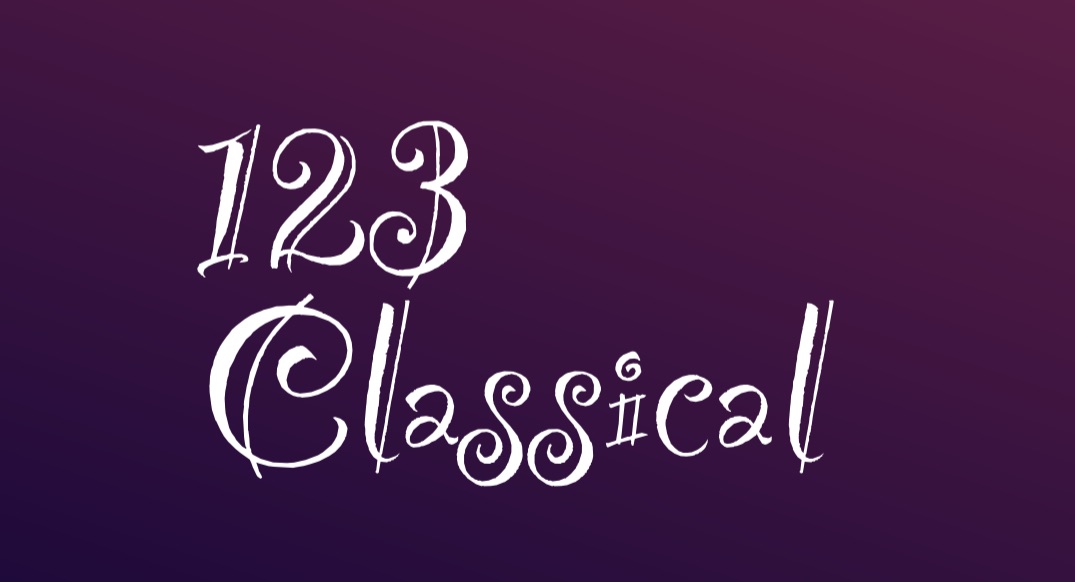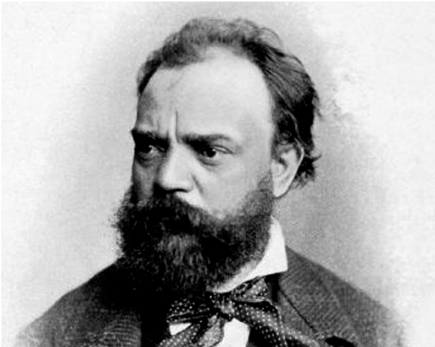


Czech composer, pianist and violinist who frequently employed features of the folk music of Moravia. Among his most widely recognised and performed works is "Symphony No 9" ("The New World"), his "Cello Concerto", and the opera "Rusalka". Dvorak's music was influenced by both Brahms and Wagner.
Born in Bohemia (then part of the Austrian Empire and now constituting the Czech Republic), his early talent in music was noticed by his parents, despite the fact that he had many brothers and sisters and the whole family was poverty-stricken, so he was enrolled in the organ school very young. When he graduated, he played as a violinist at the Bohemian theatre orchestra but then quit to start composing. His work was highly appreciated by Brahms who promoted it around Europe and with whom he became very close friends.
In his early 30s, he visited the UK and became very popular there. Around that time, he began to be recognised as a significant composer.
In his 50's, he moved to New York to improve his financial situation, where became the director of the National Conservatory of America. He wrote many great works while being there, also inspired by the music of natives as well as that of African Americans, but his longing for his native land, led him to base many of his compositions on Czech folk music. After a 3-year stay in New York, he returned to his home country, as a result of not being properly paid.
In his personal life, Dvorak had married the younger sister of a woman he had fell in love with but did not reciprocate his feelings. However, he created with her a big family which he loved a lot.
Dvorak was a humble man, religious and humanistic with an understanding of human misgivings and failures, a deep patriotism and a love of nature. Despite the international recognition he had achieved, Dvorak lived in relative poverty as a result of unfavourable contracts with various music publishers.